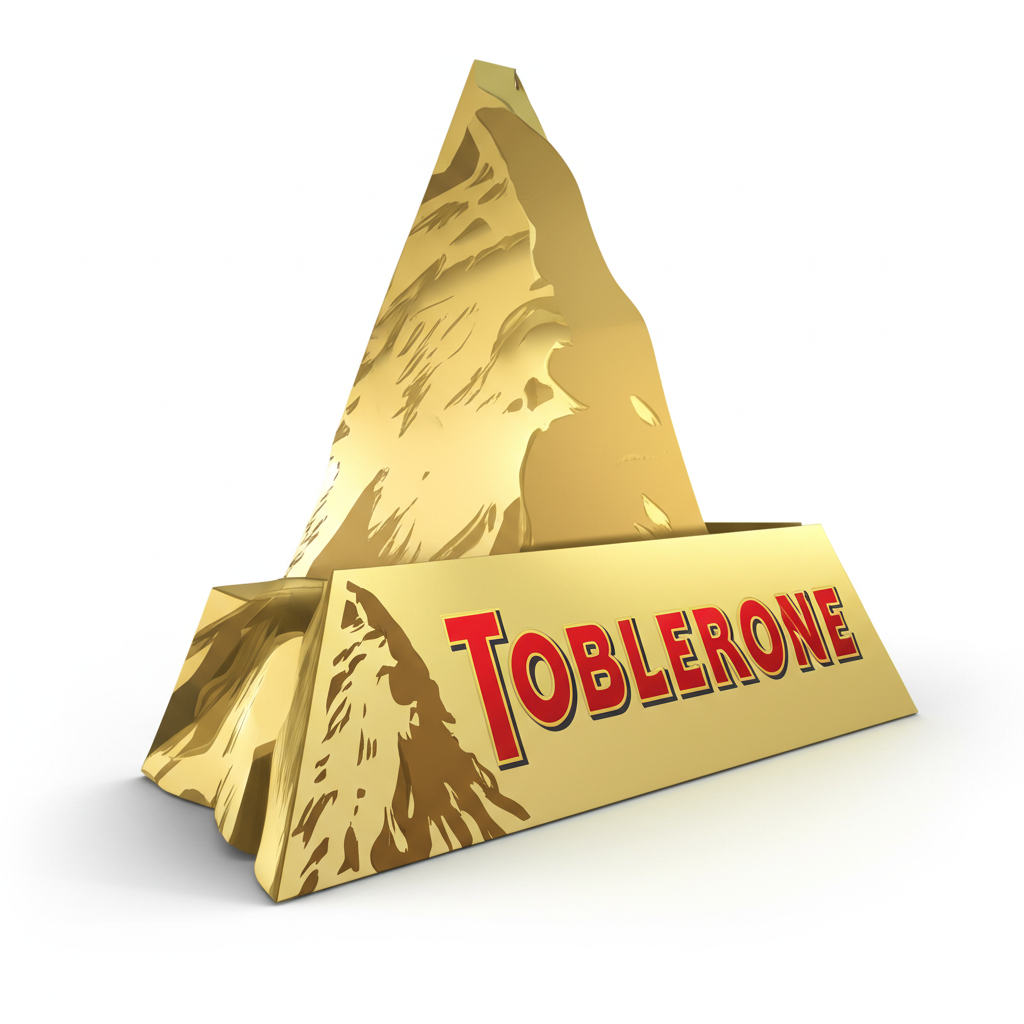
A Swiss chocolate brand has unexpectedly found itself at the center of political controversy after obtaining halal certification, sparking backlash from far-right groups. Toblerone, the iconic triangular chocolate bar produced by American company Mondelez, recently confirmed its Bern-based factory received the designation, meaning the product complies with Islamic dietary laws. Despite assurances that no recipe changes were made—with halal production dating back to April—the announcement triggered heated debates across Europe.
Critics, including prominent figures from Germany’s far-right Alternative for Germany (AfD) party, framed the certification as evidence of creeping “Islamization.” Jörg Meuthen, the AfD’s federal spokesman, sarcastically dismissed concerns on social media, while supporters rallied calls for a boycott. The backlash, however, was met with equal parts ridicule and indifference from others, who pointed out the absurdity of protesting a label that simply expands accessibility.
The debate highlights a recurring pattern of resistance to halal certification in Western markets, despite its minimal impact on non-Muslim consumers. Critics often conflate religious dietary standards with broader cultural anxieties, as seen in past controversies involving brands like McDonald’s and Coca-Cola. Meanwhile, defenders argue that halal labels function no differently than other dietary markers, such as gluten-free or vegan certifications.
At its core, halal certification ensures products adhere to Islamic guidelines, primarily affecting meat preparation but extending to general food safety standards. For Toblerone, the designation merely formalizes existing practices without altering the chocolate’s composition. As polarized reactions continue, the discussion reflects deeper societal tensions over multiculturalism—with a chocolate bar serving as an unlikely battleground.